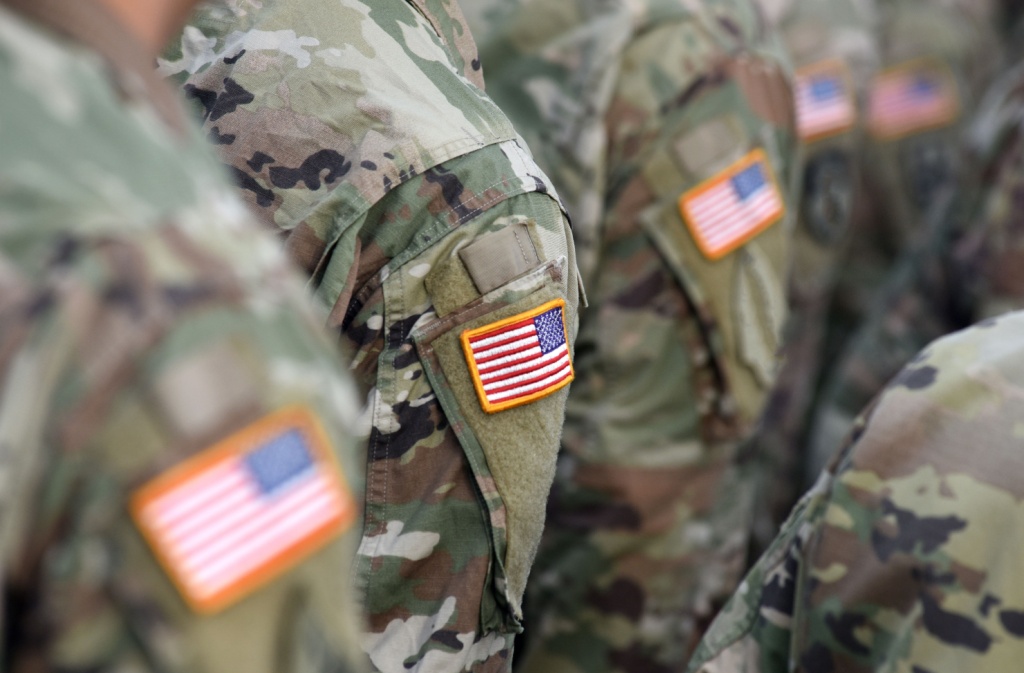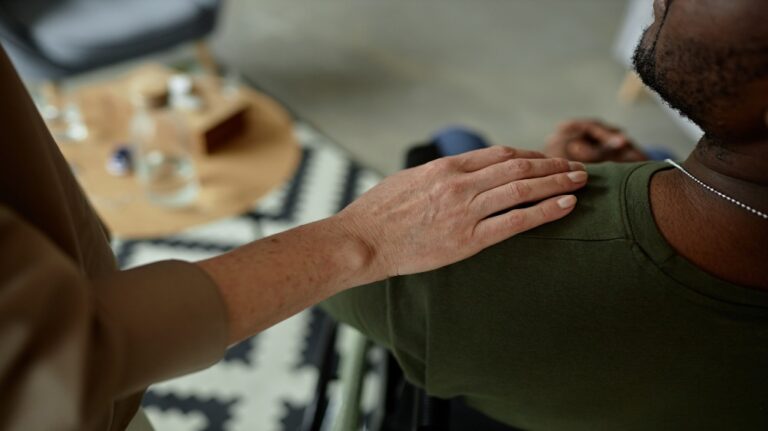What is the Difference Between a Veteran and a Combat Veteran?
The terms “veteran” and “combat veteran” are often used interchangeably, but there’s a key distinction between them. Understanding this difference is important for recognizing the diverse experiences of those who served in the military.
Who is a Veteran?
A veteran is anyone who has served on active duty in the military, Coast Guard, or commissioned corps of the Public Health Service or National Oceanic and Atmospheric Administration (NOAA). This service must have been completed under other-than-dishonorable conditions, meaning they were not discharged due to misconduct. Veterans come from all walks of life and served in various capacities during peacetime or wartime.

Their roles could have included:
- Combat support: Providing logistical, medical, or communications support to troops on the frontlines.
- Intelligence gathering: Analyzing information and providing strategic insights.
- Training and instruction: Preparing new recruits for active duty.
- Administrative duties: Maintaining records, managing personnel, and ensuring smooth operations.
- Military police: Enforcing laws and maintaining order on military bases.
These roles are crucial for a well-functioning military machine, even if they don’t directly involve combat. Veterans who served in non-combat roles may have faced unique challenges, such as the stress of supporting wartime operations from afar or the psychological strain of witnessing the toll of war on returning service members.
Who is a Combat Veteran?
A combat veteran is a subcategory of veterans who have directly faced the dangers of war. The Department of Veterans Affairs (VA) determines combat veteran status based on service records. Generally, this includes those who:
- Served in a designated combat zone: The President designates these areas where U.S. armed forces are actively engaged in combat.
- Received hostile fire or imminent danger pay: This special pay is awarded to service members in areas where they are at risk of being attacked.
- Earned a combat service medal: Medals like the Combat Action Badge or the Purple Heart are awarded for specific acts of valor or for being wounded in combat.
Combat veterans have faced the immediate threat of enemy fire and the psychological stress of war. They may have witnessed death and destruction, experienced the loss of comrades, and wrestled with the trauma of combat.
Shared Experiences and Distinctions
While combat veterans share a unique bond from their experience in war zones, all veterans have served their country and deserve recognition. Some commonalities among veterans include:
- Transitioning to civilian life: Reintegrating into society after military service can be challenging, regardless of combat experience. Veterans may struggle to find employment, adjust to a less structured environment, and deal with emotional or psychological issues.
- Military camaraderie: The bonds forged during service can be lifelong, offering a sense of belonging and support.
- Pride in service: Veterans share a sense of pride in having served their country and a commitment to upholding the values instilled during their military service.
However, combat veterans may face additional challenges:
- Post-Traumatic Stress Disorder (PTSD): Exposure to combat can lead to PTSD, a mental health condition characterized by flashbacks, nightmares, anxiety, and hypervigilance.
- Moral injury: This term describes the psychological distress caused by witnessing or participating in events that violate one’s moral code.
- Physical injuries: Combat veterans may have sustained physical injuries during their service, leading to chronic pain and disability.
Do You Have to be a Combat Veteran to Receive VA Benefits?
Eligibility for VA Benefits:
- General Service: Most VA benefits are available to veterans who served on active duty for at least 24 continuous months or the full period for which they were called to active duty (unless discharged due to a service-connected disability). This applies to veterans who served in non-combat roles or during peacetime.
- National Guard and Reserves: Reservists and National Guard members who were called to active duty by federal order and completed their service commitment may also be eligible for VA benefits.
- Service-Connected Disabilities: Veterans with disabilities connected to their military service can receive various benefits, including healthcare, disability compensation, vocational rehabilitation, and prosthetics. This applies to disabilities acquired during combat or in non-combat situations.
Combat Veteran Benefits:
While combat experience isn’t a requirement for most VA benefits, there are some advantages for combat veterans:
- Priority Group 6: Combat veterans are generally enrolled in VA healthcare’s Priority Group 6, which means they receive faster access to healthcare services.
- Free VA Healthcare: Veterans who served in a designated combat zone after November 11, 1998, are eligible for free VA healthcare for up to five years after discharge, even for non-service-connected conditions.
- Presumptive Conditions: The VA recognizes certain health conditions as presumptively service-connected for veterans who served in specific combat zones. This means veterans experiencing these conditions don’t need to directly link them to a specific wartime event to qualify for benefits.
VA Benefits for Veterans
If you or a family member is a veteran or combat veteran working to receive VA benefits, getting a VA benefits attorney involved is an important step toward ultimately getting approved for benefits.
If you need someone to talk to about your benefits, don’t hesitate to contact us today.







